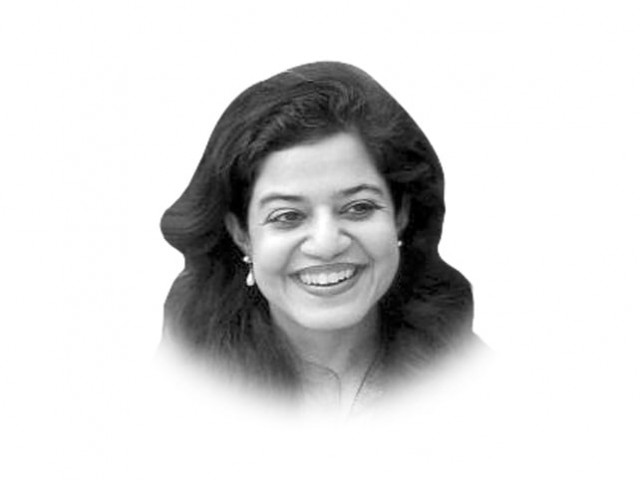Anguished in Afghanistan
A Pakistani businessman caught in the Kabul crossfire narrates the hatred Afghans have for Pakistanis.

Anguished in Afghanistan
The news of the attack made headlines the next morning. We were informed that in the battle that had lasted nearly four hours and had come to an end only when Nato troops intervened, at least seven people were killed and three terrorists had blown themselves up. Although the media reported a sense of chaos and panic, no one picked up on the fact that even at a time when the only thoughts, for the Afghan forces at least, should have been the security of the hotel and the safety of guests, the latent tensions between Afghanistan and Pakistan managed not only to rear their ugly head but also to threaten the life of at least one unsuspecting Pakistani.
I met Umar a few days after he returned to Pakistan. His appearance at that time was more harrowing than his story. When I asked him what was the one thing about his ordeal that he would always remember, he replied simply: That the Afghans hate us!
I was struck and intrigued by his answer. He told me that in the confusion following the attack, he had been separated from his Farsi-speaking colleagues. Alone and afraid, he crawled nearly 100 meters on his stomach amid shelled cars and corpses, finally taking refuge under an old Corolla. It was dark and he could not see much. Umar closed his eyes and recited the Kalima, believing that this was the end.
However, it was the security forces and not the terrorists that discovered Umar. Thinking himself to be safe, he told them that he was a Pakistani. It appears that was a mistake. The officers immediately pinned him to the ground, stole his dollars and his cell phone and would not release him despite the shouted explanations of his Farsi-speaking colleagues who had managed to escape the compound.
After several minutes of this torture, a vehicle arrived to take away some injured Afghanis. The official detaining Umar, perhaps finally taking pity on him, told him to make a run for it. Although he was afraid that he would be shot if he did run, Umar decided to take the risk and nearly collapsed when he made it to the van.
He passed a difficult night without any medical aid, but in the morning luck favoured him and he ran into the Pakistani ambassador and the foreign secretary in the hotel lobby. When he told them what he had been through they not only arranged medical care for him but also promised to take up, at the highest level, the treatment meted out to him by the Afghan security officials. It was an off the record remark by a Pakistani official that was perhaps most telling: We are paying for having supported Pakhtuns and the Taliban especially now that the Farsi-speaking are back in power! When will we learn, I wonder?
Published in The Express Tribune, July 20th, 2011.

















COMMENTS
Comments are moderated and generally will be posted if they are on-topic and not abusive.
For more information, please see our Comments FAQ